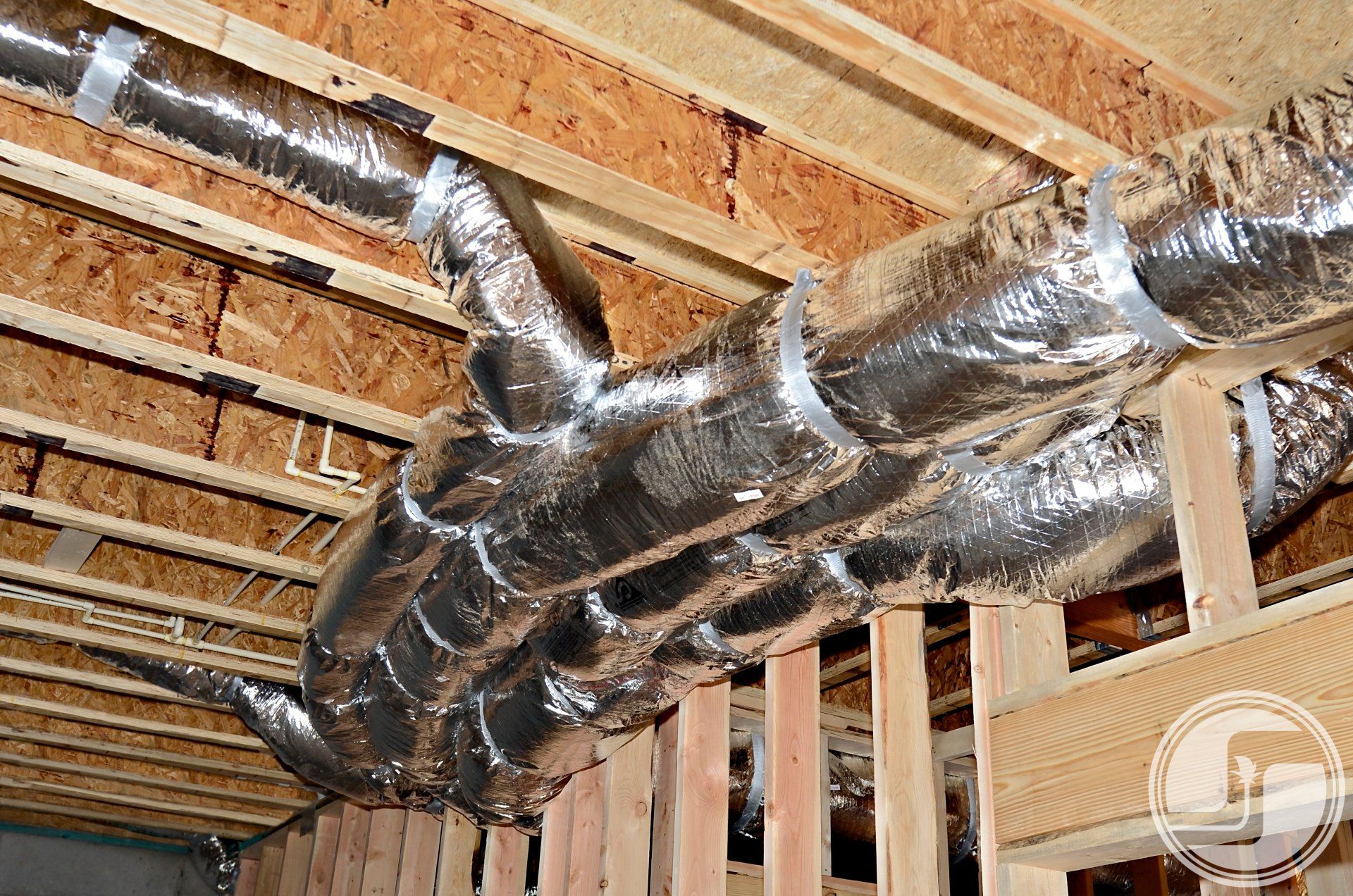Air conditioning, commonly known as HVAC, plays a critical role in maintaining comfortable indoor environments in both residential and office spaces. As you move through any home, you might not consider twice about the systems working unobtrusively behind the scenes to ensure that the air is at a desirable temperature and standard. However, understanding the principles of physical chemistry that govern these systems can greatly enhance our ability to manage them properly.
In this resource, we will delve into the science of HVAC, uncovering how these systems operate and why they are indispensable. From basic concepts for beginners to tips on efficient maintenance and energy usage, we will discuss various aspects of HVAC systems. Whether you're thinking about an upgrade, looking to boost indoor air quality, or just wanting to reduce your energy bills, this article will provide the necessary knowledge you need to make informed decisions about your heating and cooling systems.
Comprehending HVAC Systems
Heating, Ventilation, and Heating , often referred to as HVAC, represents an integral technology used for providing pleasant conditions in indoor environments. At its core, an HVAC system functions by regulating the heat, moisture, and air standards of spaces in houses and business buildings. It does this through a collection of linked components that perform the essential roles of thermal management, chilling, and breathability. Whether it’s a private setting or a big office facility, grasping how these mechanisms work is crucial for effective climate control.
The main parts of an HVAC configuration comprise the heating mechanism, cooling mechanism, fresh air system, and the thermostat. Warmth generation can come from various options, including furnaces, heat pumps, or boilers, which generate heat during frigid seasons. For temperature control, air conditioning units or systems like thermal pumps are used to eliminate warm air from interior atmosphere, ensuring a pleasant environment in the summer. Ventilation plays a crucial function in providing fresh air moves through the location, aiding to sustain air quality and get rid of floating pollutants.
Furthermore, appropriate upkeep is key to guaranteeing HVAC systems function efficiently and remain operational over time. Routine maintenance checks can identify typical concerns such as clogged air filters or refrigerant leaks before they develop into more major issues. Grasping how these systems function not only assists residential managers and corporate leaders make informed choices about operation and maintenance but also empowers them to establish comfortable home and business spaces throughout the year. spintax ### Frequent HVAC Problems and Remedies
Homeowners often encounter a range of HVAC problems that can disrupt comfort and efficiency. One common problem is insufficient heating or cooling. This can occur due to a faulty thermostat, blocked ducts, or low refrigerant levels. To tackle this problem, start by verifying the thermostat settings and replacing batteries if needed. Next, examine and clean air filters and make sure that vents are clear. If problems persist, it may be necessary to call a qualified technician to inspect for refrigerant leaks or system malfunctions.

Another common concern is excessive noise coming from the HVAC unit. Noises like rattling, grinding, or hissing can signal various problems, from loose components to failing motors. air duct cleaning should initially inspect the outside unit for any debris that might be causing noises and ensure all screws and fasteners are secure. If the noise is severe or continuous, it is advisable to seek professional help to identify and resolve the underlying problem, as ignoring it can lead to more serious damage.
Finally, poor indoor air quality is an aspect that many do not realize as directly connected to HVAC systems. Problems such as dust accumulation and allergens can stem from contaminated air filters or poor ventilation. To improve air quality, regular maintenance is essential, including frequent filter changes and duct cleaning. Adding air purifiers and selecting the right filters for your system can greatly enhance indoor air quality and overall well-being in the home.
Energy Efficiency and Innovations in HVAC
The HVAC industry has witnessed major progress in energy conservation, primarily due to the growing demand for sustainable options. Modern units are designed to maximize energy use while ensuring comfort in residential spaces and business buildings. Innovations such as adjustable speed motors, sectioned heating and cooling, and sophisticated heat exchangers permit HVAC systems to operate more optimally, reducing power use and minimizing utility bills.
Intelligent automation integration is another key innovation driving energy conservation in HVAC systems. Smart thermostats and home management systems provide residents with unmatched control over their warmth and air conditioning preferences. These gadgets can adapt to user habits, modify settings automatically based on occupancy, and provide real-time energy consumption information, all contributing to a more efficient HVAC operation. As smart devices continue to advance, they will take an ever more critical role in energy efficiency.
Additionally, renewable energy sources, such as solar-powered HVAC units, are changing the industry. These units harness solar energy to reduce reliance on traditional power sources, offering both environmental benefits and cost savings. Geothermal heating and cooling represents another innovative solution, utilizing the earth's constant heat to provide sustainable climate control. As these solutions become more affordable, residents and businesses can make knowledgeable choices that align with their dedication to sustainability and energy efficiency.
